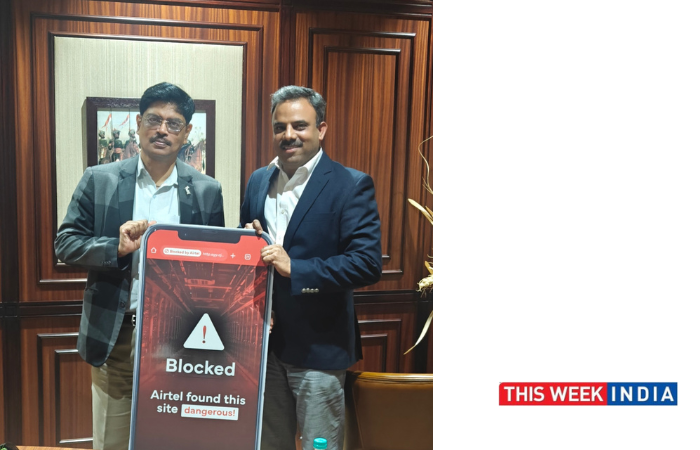National, 18th December, 2024 – The National Restaurant Association of India (NRAI), as the apex body representing the restaurant industry, has issued an advisory to its members regarding the potential long-term adverse effects of large-scale in-dining discount programs and aggregator payment platforms. These programs, while appearing beneficial in the short term, could threaten the economic stability and autonomy of restaurants and disrupt the restaurant ecosystem.
In the recent past, deep discounting has caused significant challenges in the food delivery market, and the NRAI warns that similar tactics are being employed to capture the dine-in market through aggressive aggregator payment gateway adoption.
The NRAI emphasizes that deep discounting presents substantial economic hurdles to the restaurant business. Unlimited and unsustainable discounts alter price structures, setting unreasonable expectations for customers and undervaluing the dining experience. These practices disproportionately affect small, independent enterprises, who lack the financial resources of larger, better-funded competitors, making it harder for them to compete and survive in the long run.
Sagar Daryani, NRAI President said, “Our industry is at a crossroads, and the decisions we make now will shape the future of dine-in operations. Deep discounting may appear appealing in the short term, but they also pose long-term risks to restaurants’ independence and viability, especially when mandatorily bundled with the aggregator’s payment gateway.”
He further added, “As the voice of the industry we are committed to protecting the interests of the restaurant community and ensuring a fair and sustainable ecosystem. NRAI encourage the members and the broader restaurant community to engage with industry colleagues, consult their platform representatives about these programs’ tangible benefits, and exercise thoughtful caution and sound judgment before deciding to participate.”
Aggregator payment gateways provide various issues for eateries. These networks reward clients with aggressive discounts and cashback, which are sometimes sponsored at the expense of the restaurants themselves. However, restaurants must pay substantial commissions on transactions, ranging from 4-8%, significantly higher than the 1-1.5 percent charged by standard payment gateways.
Data control and dependency are major challenges with aggregator platforms. These systems pick up crucial revenue and customer data from restaurants without offering any additional value in exchange. As customers become more reliant on these gateways, restaurants face a significant risk of losing direct ties with their customers, thereby transferring them into the aggregator’s ecosystem and compromising the restaurant’s autonomy.
Irreversible ecosystem transformations are a major worry, as shown by the delivery market, where customer behaviours influenced by discounts have resulted in unsustainable business models. Similarly, in the dine-in industry, aggregator platforms might capitalize on this model by gradually increasing discount requirements and commission rates, leaving restaurants with little control over their operations and pricing tactics.
The NRAI advocates restaurants to be cautious and thoroughly consider the terms and conditions of aggregator payment systems before making decisions, taking into account the financial implications of deep discounting campaigns. It is critical to examine cost-effective and independent payment options in order to eliminate unnecessary dependency on such platforms. Furthermore, protecting client relationships is critical and restaurants should maintain control over customer involvement and data to ensure long-term viability and autonomy in their operations.








